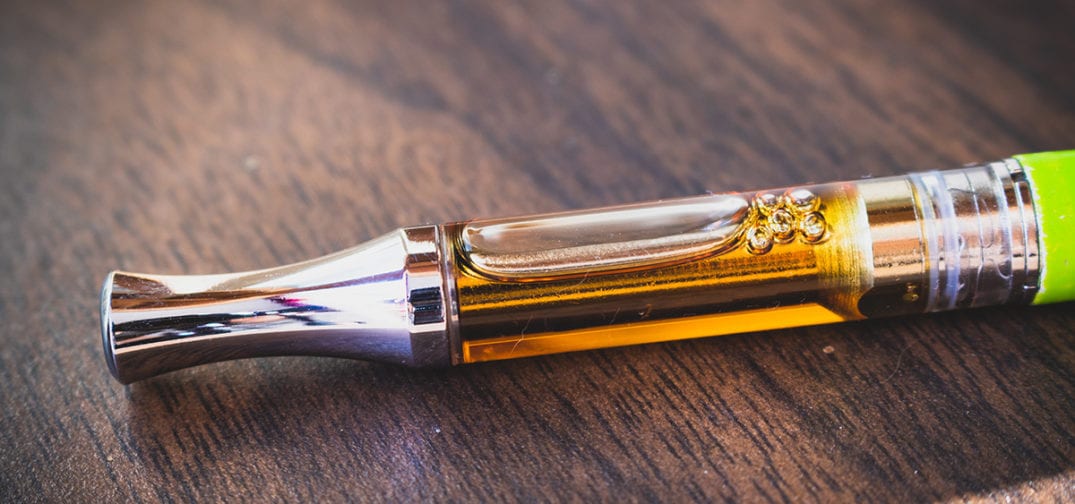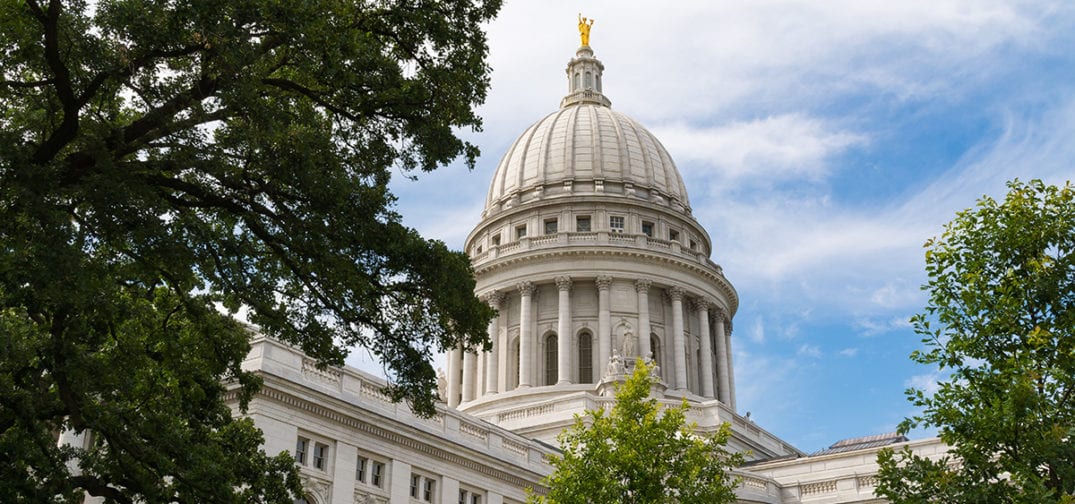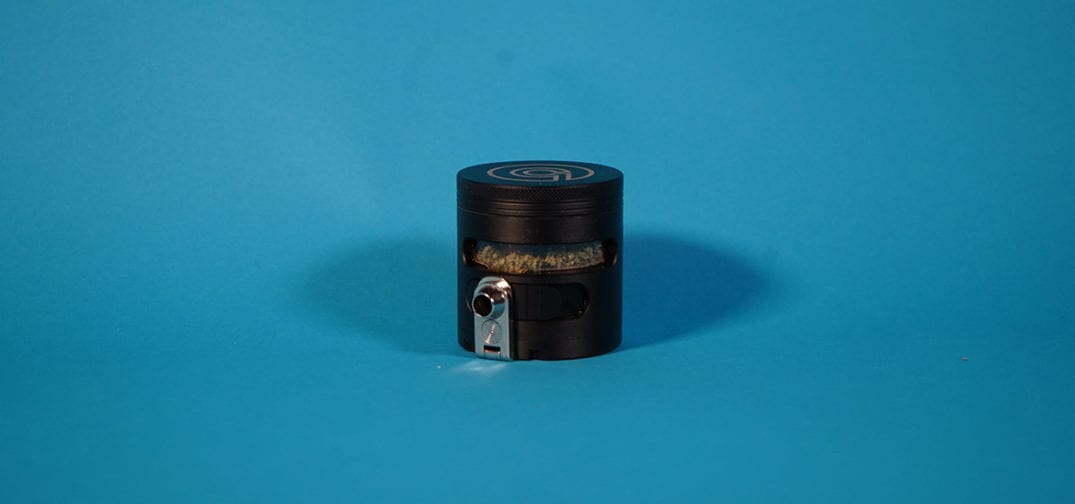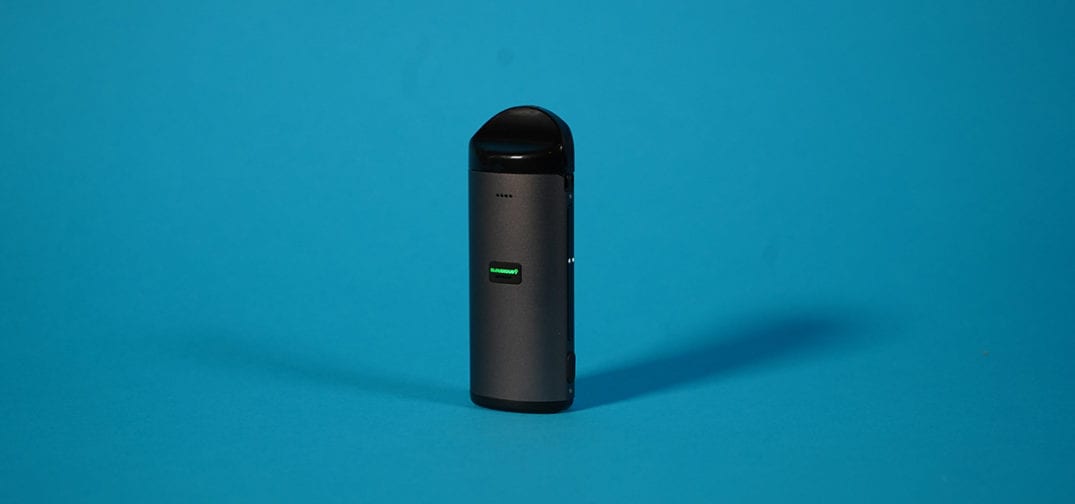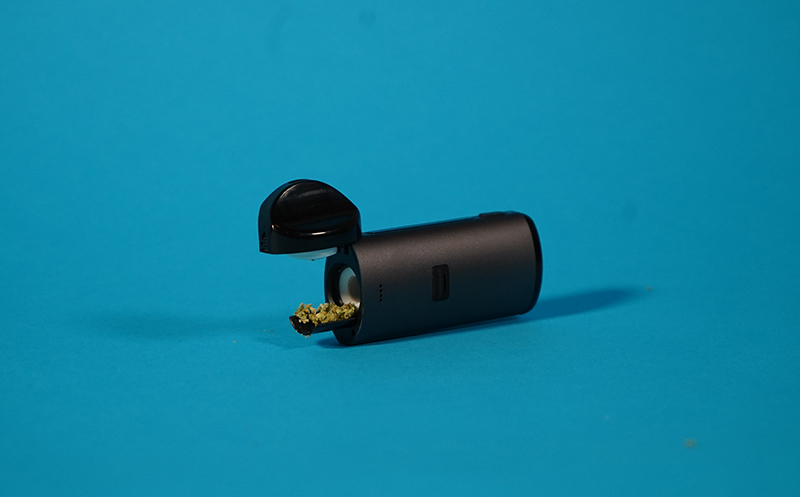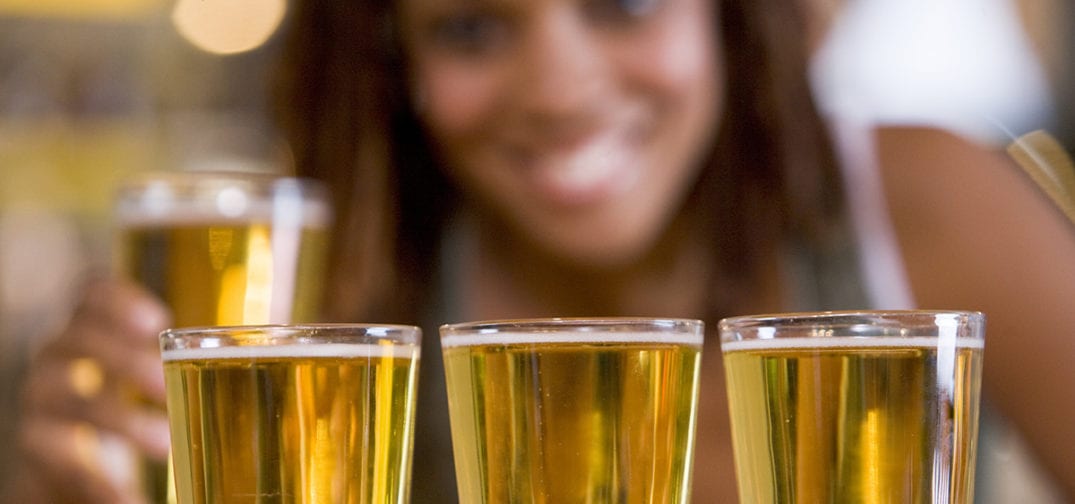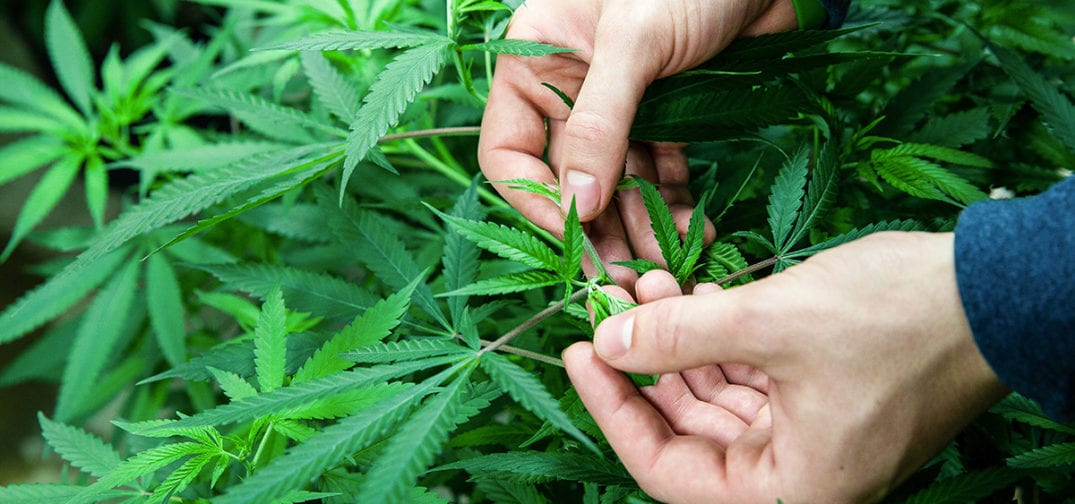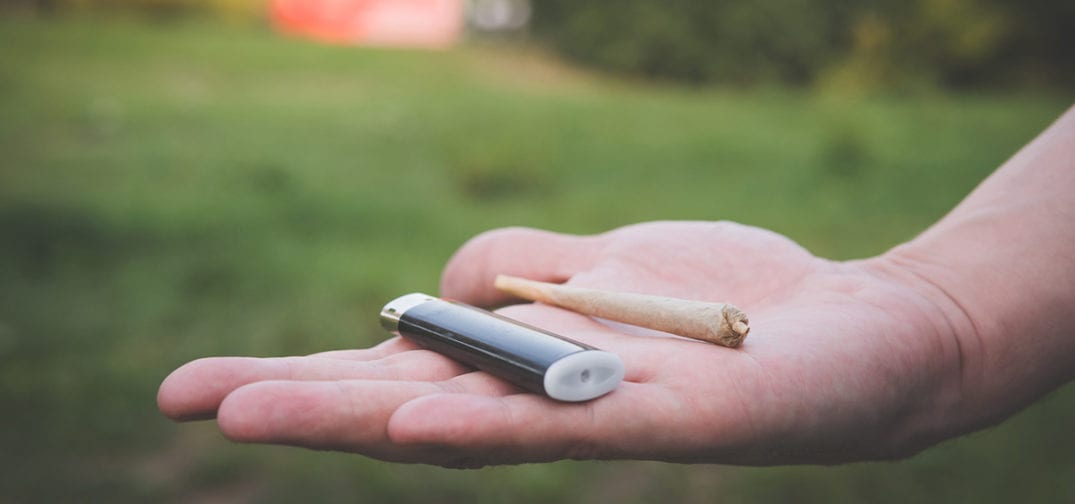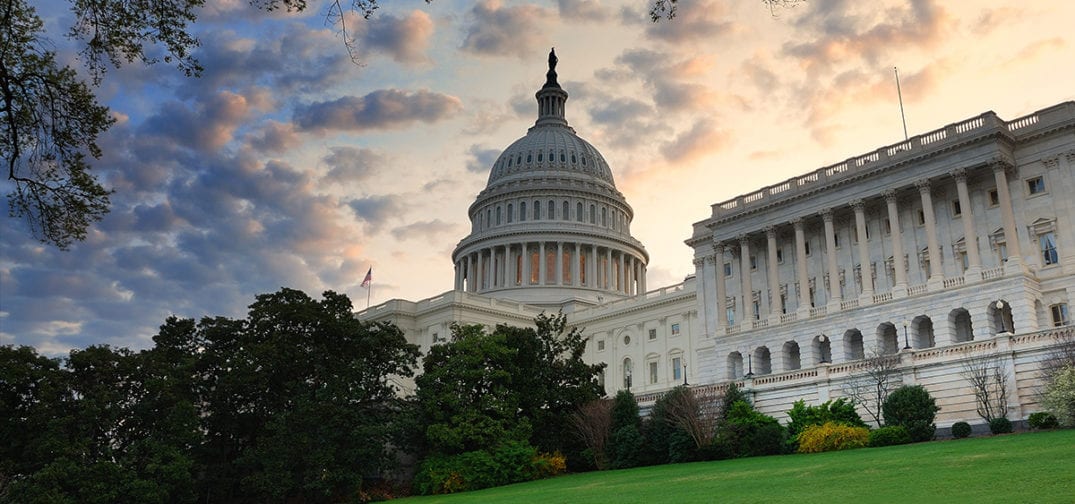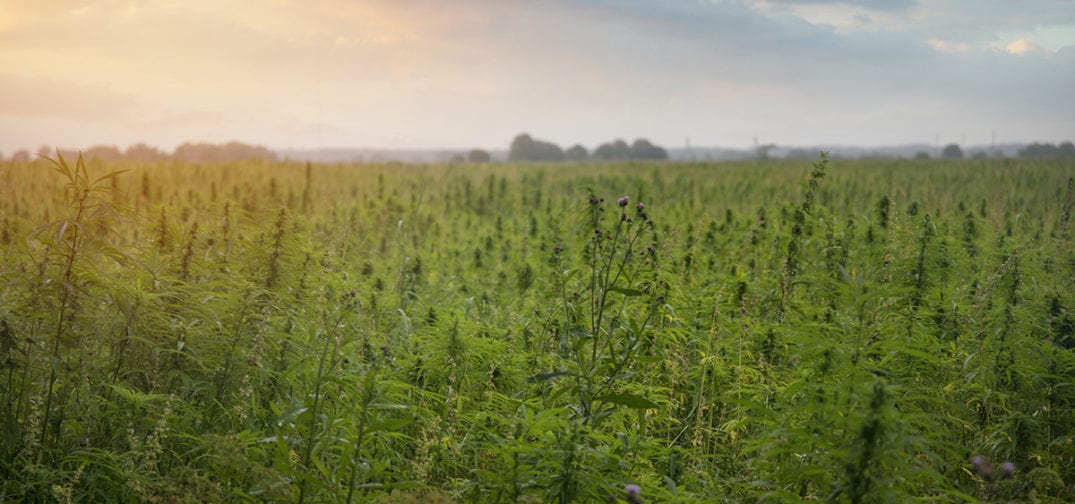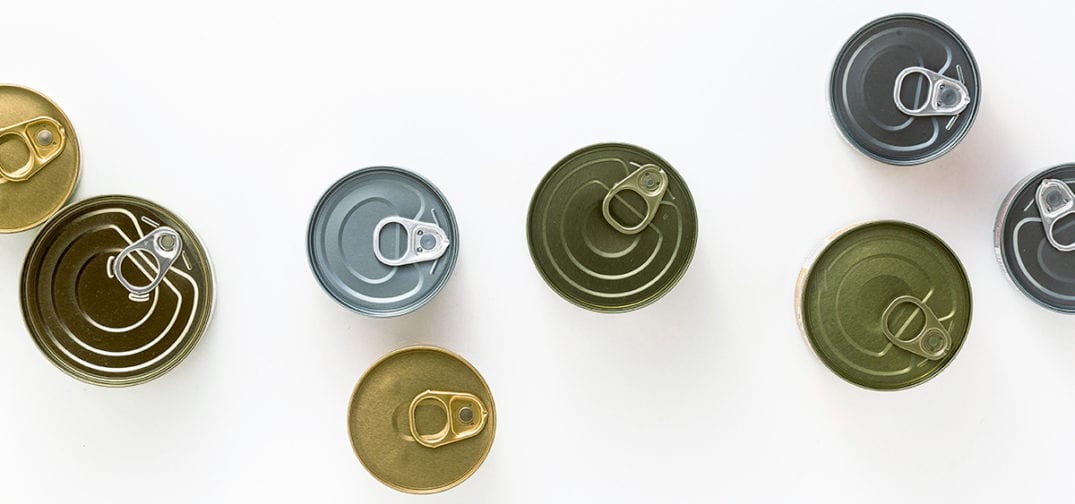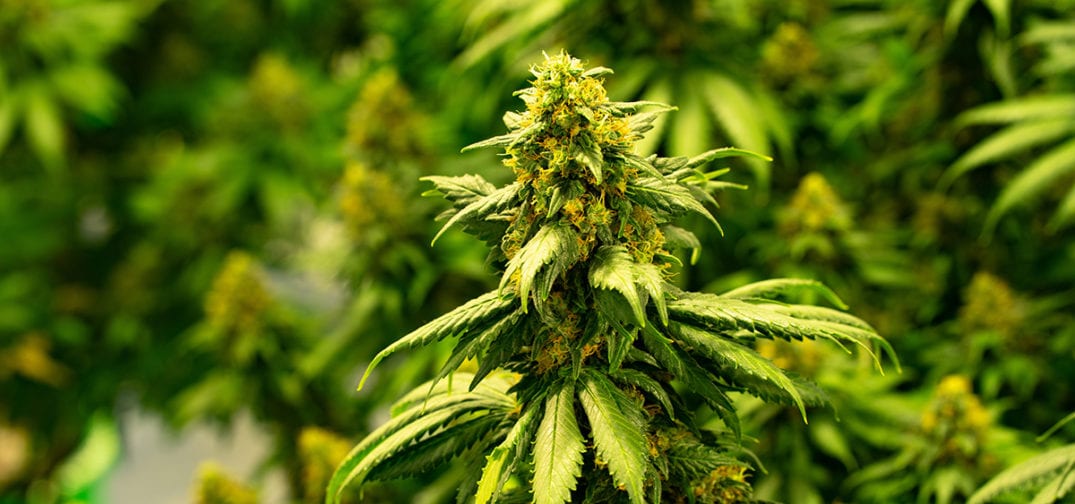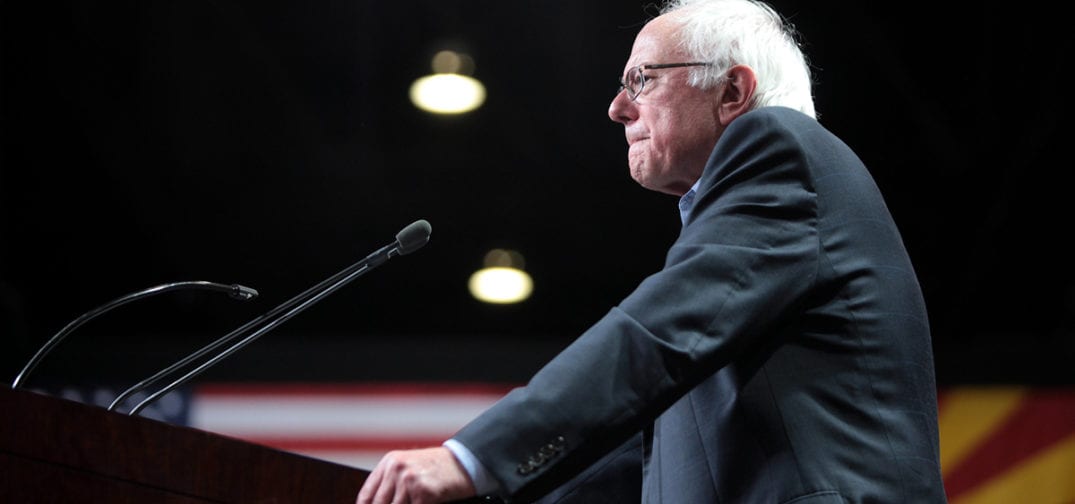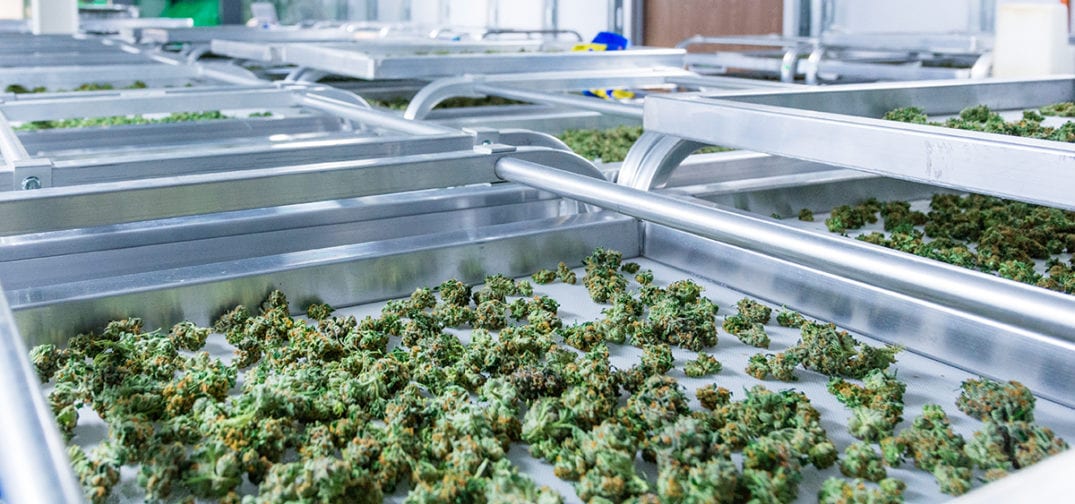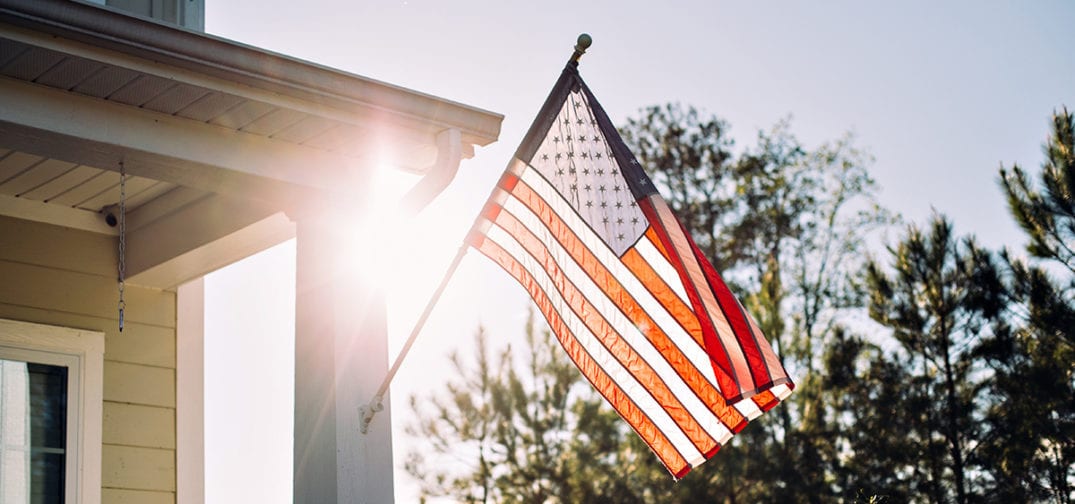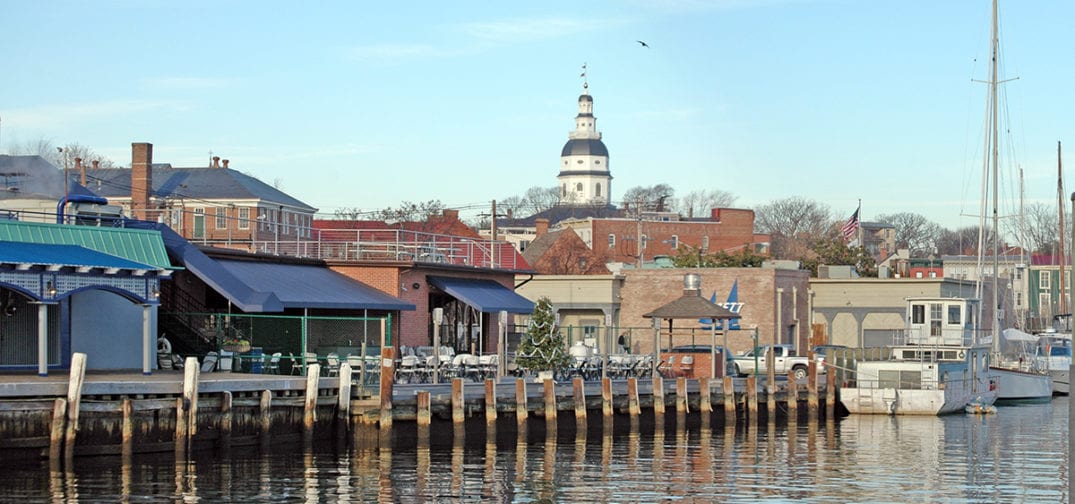Los Angeles City Council President Herb Wesson this week called on city regulators to not approve any new retail cannabis licenses, suggesting the latest licensing round — which kicked off in September — has been flawed from the start, the Los Angeles Times reports.
In a letter, Wesson urged the Los Angeles Department of Cannabis Regulation in a letter to stop processing new retail applications and refund the latest round of applicants. Wesson also called for either an independent audit of the city’s cannabis licensing process or for officials to start processing every application they receive (the latest licensing round has operated on a first-come, first-served basis but there were only 100 available licenses and the city reportedly received 300+ applications in the first three minutes).
“These are the only options that will provide the clarity and time we need to ensure that the application process is fair, transparent, and has integrity.” — LA City Council President Herb Wesson, in the letter
The latest licensing round was meant to be an opportunity to bring more social equity operators into the marketplace. However, Adam Spiker, the executive director of the LA-based cannabis trade group Southern California Coalition, told the LA Times that because of the first-come, first-serve nature of the process, things had devolved into a “fastest computer contest” that was ultimately disadvantageous for the entrepreneurs representing communities who were supposed to get a leg up under the social equity rules.
The licensing round also experienced other hiccups, including two applicants who were mistakenly given early access to the system, although officials said those applications were detected and moved to an appropriate place in line.
Business owners who received licenses during the latest round, however, were not pleased with the idea of having to redo the whole process. Several operators who received licenses have said they would sue the city if Wesson’s plan is enacted, Marijuana Business Daily reported.
Others, including Kika Keith of Life Development Group, an organization that advocates for social equity applicants in the city, said that delaying the licensing process any further would be catastrophic for businesses who are maintaining storefront leases without knowing whether or not they would receive a license.
End

